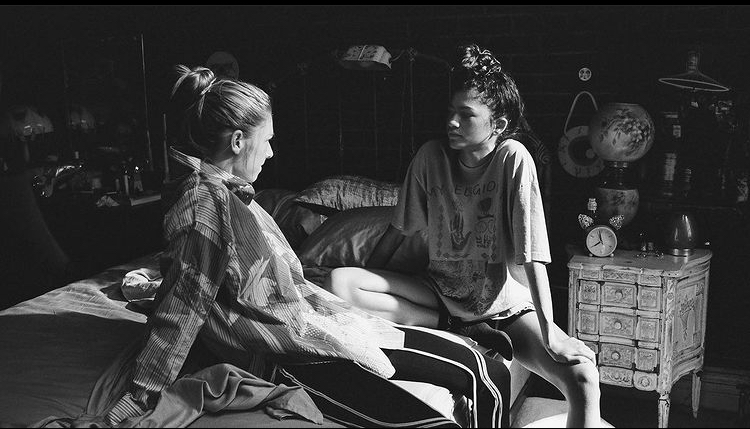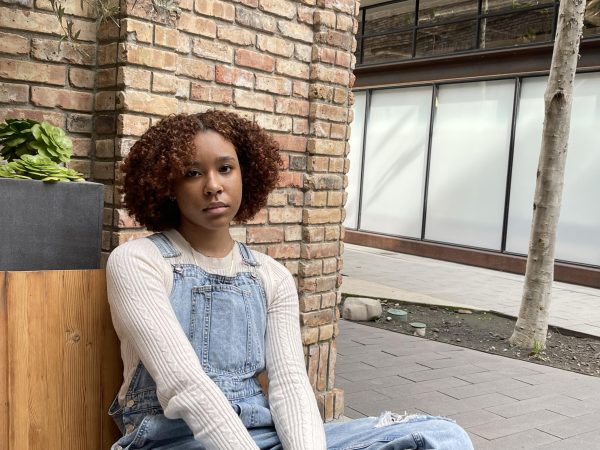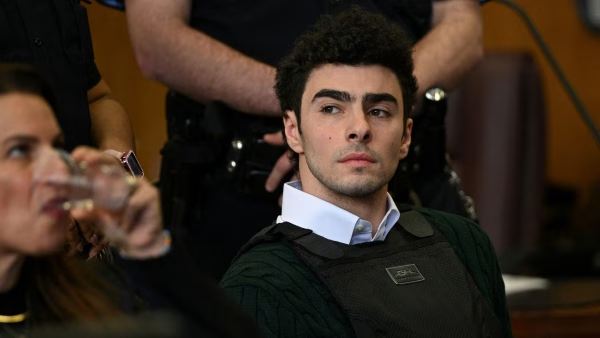Euphoria special episodes review: the therapy session we didn’t know we needed
February 12, 2021
Whether it’s an addiction, toxic relationships, mental illness, family issues or gender and social issues, HBO’s drama series “Euphoria” never fails to draw attention to young adult drama and relatable day-to-day issues.
Now, even during the pandemic, the team worked within the unusual circumstances and gifted viewers with two pieces of cinematic art to inspect our favorite couple Rue and Jules.
Rue’s special episode, played by Emmy award-winning actor Zendaya, is a glimpse into the character’s mind and emotions.
View this post on Instagram
Viewers believed that at the end of season one, Rue overdosed since the song “All for Us” is oftentimes played when the character falls back into her addictive habits.
However, viewers were rewarded with a new chapter. Unlike past episodes which are fast-paced, we are sat in a booth at a diner on Christmas Eve with a stack of pancakes and a long, deep conversation between Rue and Ali about life, addiction and loss.
Sam Levinson, the writer of Euphoria, explained that this episode gives the audience answers about Rue while also introducing Ali’s story.
The episode, titled “Trouble Don’t Last Always,” begins with a dream that both Rue and Jules share of them living together in a New York City apartment.
Although it seems perfect for a moment, even in the dream, Rue still goes for her secret stash, switching scenes to Rue getting high, in real-time.
We learn that at the end of season one, Rue indeed relapsed and blames it on Jules. In her retelling of what occurred at the train station, Jules is made out to be a liar and manipulator.
This demonstrates how unreliable Rue’s character can be at times, with stretched truths, and even her starting the aforementioned diner conversation with a lie that Ali can see right through.
Rue realizes that her mistake was making Jules the main focus of her life and reflects on how “crazy” planning a long-term life together was. She falls in love with the idea of her and Jules’ relationship, even if it wasn’t clear that they were in one.
Ali is known as Rue’s sponsor, but in more ways, he’s a wise soul trying to help a young girl handle her demons. He says in the episode, “I’m just a crackhead trying to do some good on this earth before I die.”
Ali is not as strong as Rue perceives him, which he would admit from the start. Ali turned to drugs to cope with the pain of seeing his father abuse his mother. The result of this was him eventually following in the footsteps of his father, becoming his own worst nightmare.
Rue sees herself in Ali, even more when learning about how he lashed out at his wife in front of his daughters, as she regrets the moment she threatened to kill her mother.
The most important lesson from this impromptu therapy session is how Rue must learn to forgive herself when her addiction gets the best of her.
Although Rue believes that drugs are her saving grace, she still believes in the big picture and wants to be seen as a person who tried to be someone she couldn’t.
The accompanying special episode titled “Fuck Anyone Who’s Not a Sea Blob” focuses on the character Jules, played by Hunter Schafer. Schafer wrote, executively produced and worked hands-on with the set, adding her artistic approach and personal story of being trans into Jules’s life.
View this post on Instagram
Upon our introduction to Jules’s special episode, we learn that her punishment for running away is attending therapy sessions.
She reflects on how after a conversation with her friends, so much of her womanhood was focused on men and what men want. She then explains how she’s so critical of herself because of the aspects of society and others that made so many layers of her. The only person that has ever seen the true, raw Jules is Rue and her mother.
Deflecting the conversation about her mother, Jules goes back to wanting to go off her hormones or the “weird sci-fi chip” in her arm. She says that it stops what she says, the things men find “undesirable” from dropping and getting bigger.
It’s here where we see Jules seeking control, a drive that she lacked last season, hoping to find that control in a new cycle of exploring herself, being strong, feminine and alive. And, although she is embarking on another spiritual journey as being trans, she fears she may have lost Rue along the way.
Her past six months in a new town has been nothing close to easy and we learn how she has had thoughts of hurting herself, stating that the gap between thinking about hurting yourself and doing so was closing, much like Rue.
Most importantly, in this episode, viewers understand the reasoning for many of Jules’s reactions and emotions throughout season one, as we are introduced to her family issues stemming from her mother’s addiction.
What we notice here is her established double standard with Rue and her sobriety, and not her mom. She soon realizes the similarities between these two important women in her life.
The topic quickly changes when Jules mentions how much easier it is to talk to people online. We see clips of Jules’s imagination in the first season with her online relationship with Tyler, aka shyguy118, and the fantasy she admits to living in.
We learn how deep the relationship is for Jules and how she even feels guilty about how close she feels to Tyler, admitting to being in love. In her session, Jules recalls the nightmare of living with Rue, finding her overdosed and the pain and reality truly hitting her.
Jules’s episode end with the context of their relationship when Rue comes to her house on Christmas Eve, giving viewers an idea of the timeline.
University freshman and Communication Studies major Leah McDonnell said Jules episode is probably her favorite of the two and many avid Euphoria views agree.
“Jules’s episode addressed unanswered questions and a lot of details clicked into place. For instance, her relationship with her mom, the effect it has on her and even her sexuality. We see how much being with Rue changed so much for her. In season 2, something has to happen in their relationship for it to last; Rue’s sobriety can’t be so dependent on Jules,” said McDonnell.
The two episodes highlight the struggles of a teen relationship especially when there are so many variables making it harder to survive.
We gain empathy for Jules with an understanding of her pain as she’s more than aware of the control she has on Rue’s sobriety.
Overall, we grasp how much these characters are teens and growing into themselves, have their own intrinsic issues, and lack communication skills on serious matters – a difficult skill for someone of their age to manage.
We can only hope that our favorite characters find their way back to one another in a healthy way, but, we truly don’t know what to expect from season two, especially with Sam Levinson revealing that there are so many directions to take the show.












